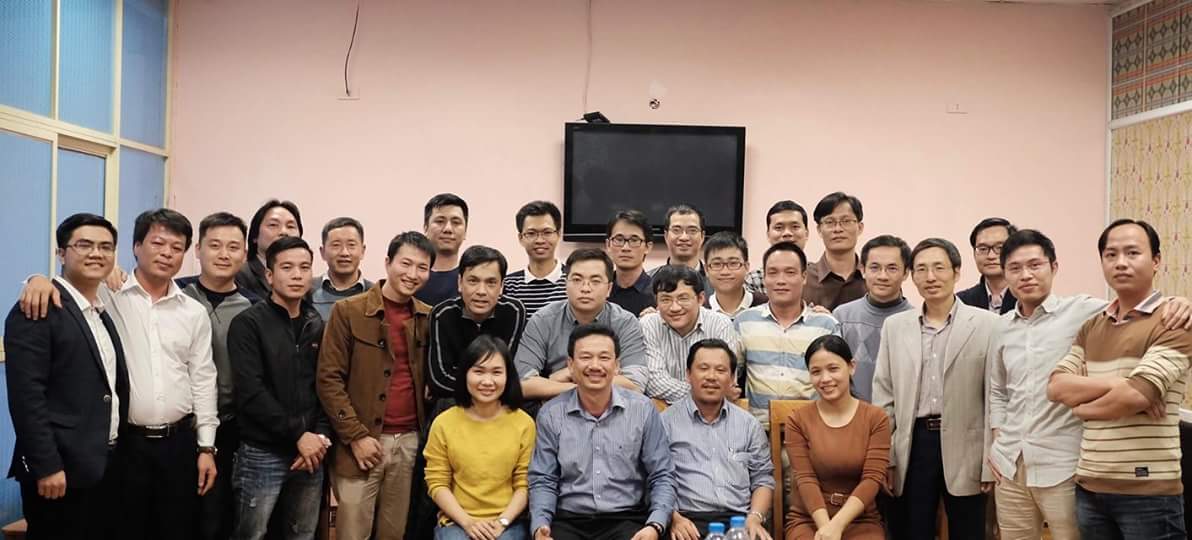Consider this scenario: three project managers identified the availability of a key resource as a high risk on their individual projects.
The first project manager decided to avoid the risk and delay a critical project task until the desired resource became available.
The second project manager mitigated the risk by hiring a consultant to provide similar expertise.
The third project manager saw the situation differently. Instead of a threat, she saw it as an opportunity to develop additional capabilities by using thoughtful risk management.
She questioned the reliance on only one person in the organization to have critical skills needed on multiple projects. Taking initiative, she cross-trained one person on her team to acquire the skills and assigned a second team member to work with the consultant from the other project to gain additional knowledge.
By transforming the negative risk into a positive, she developed additional capabilities that helped keep her project on track while saving time and money on the organization's other projects
Change Your Mindset
There is a general perception that risks are bad and viewed as threats, but successful project managers recognize the upside of opportunities as well. Risks can be classified as positive (increased demand) or negative (shipment delay).
The objective of risk management is to increase the probability of positive events and decrease the probability and impact of negative events according to A Guide to the Project Management Body of Knowledge (PMBOK® Guide)— Fourth Edition.
Project managers can deploy strategies like avoid, transfer or mitigate to deal with negative risks, or exploit, enhance or share to deal with the embedded positive risks.
Even though project managers learn to develop their risk muscle by being aware of risks, they don’t necessarily exercise it enough to confront and take calculated risks. They are more comfortable with the default approach of risk avoidance and mitigation.
Consider changing your mindset to looking for opportunities that might be embedded in your project risks. The threat mindset limits your ability to see opportunities.
A perfect example of this is how the music industry addressed the risk to album and CD sales of digital downloads.
This new technology became a big risk for the music industry and musicians, and music professionals tried to mitigate the threat with legal strategies. However, Apple saw an opportunity in the perceived risk, took a risk, and transformed it into a new business model with iTunes.
The sound recognition of opportunities created by risks can produce dramatic returns while reducing or eliminating the risk itself.
Rethink Your Next Risk Approach
Here are some ideas to help you complement your existing risk approach.
- Challenge yourself to come up with a corresponding opportunity for every risk.
- Supplement classic risk identification approaches with techniques like stakeholder interviews, market surveys and business impact analysis, and research and development analysis to identify potential opportunities in existing risks.
- Review your risk tolerance — the degree, amount or volume of risk that your project and organization can withstand. Balance your risk approach based on the risk tolerance appropriate for the nature of your business and the phase of your project.
- Recognize and reward creative approaches for dealing with risk. This will help in cultivating a positive risk culture.
For today’s successful project managers, it is imperative to flex your risk muscle and seek opportunities with innovation and balanced approaches that can transform potential pitfalls into competitive advantage.
- Chúc Mừng Tân PMP® 2018 - 2019 - 02/10/2018
- Chúc Mừng Tân PMP® - 2016 & 2017 - 07/04/2017
- Chúc Mừng Tân PMP® - 2015 - 09/14/2015
- QUY TRÌNH HỌC KỸ NĂNG QLDA & ÔN LUYỆN THI CC QTẾ PMP MIỄN PHà - 03/06/2014
- 10 GIà TRỊ KHÃC BIỆT TẠO NÊN KPS - 01/04/2013
- PMBOK 5th Edition Review Part1 - 10/19/2012
- PMBOK® Guide 5th Edition Review - 10/16/2012
- How to build a Project Management Office - 03/04/2012
- Update to PMI’s Certification Exam Rescheduling and Cancellation Policy - 03/03/2012
- How to Scope your Projects - 11/30/2011
- 360 độ đà o tạo nguồn nhân lực - 11/13/2011
- Project Management Information System (PMIS) - 10/10/2011
- PMP® Äá»’NG HÀNH CÙNG KPS VÃŒ TÆ¯Æ NG LAI NHÀ QUẢN Là VIỆT - 09/01/2011
- NHá»®NG THÀNH CÔNG BƯỚC ÄẦU CỦA CÃC NHÀ QUẢN Là VIỆT NAM THAM GIA CÃC Dá»° ÃN QUá»C TẾ - 08/23/2011
- BAÌ£N ÄÆ¯Æ Ì£C GIÌ€ KHI LAÌ€ PMP® ? - 07/04/2011
- KPS MISSION STATEMENT FOR TRAINING SERVICES - 06/24/2011
- Effective Communication Skills - Storytelling Skills - 06/16/2011
- Avoid Repeated Project Woes: Try A Different Approach to Lessons Learned - 06/13/2011
- The Most Common Mistakes IT Departments Make - 06/05/2011
- Managing a Program of Work - 05/16/2011























